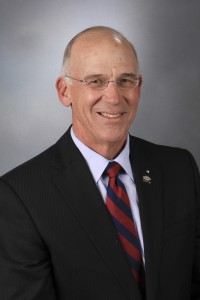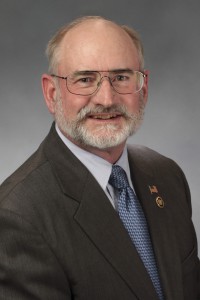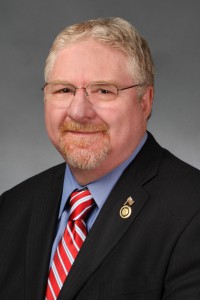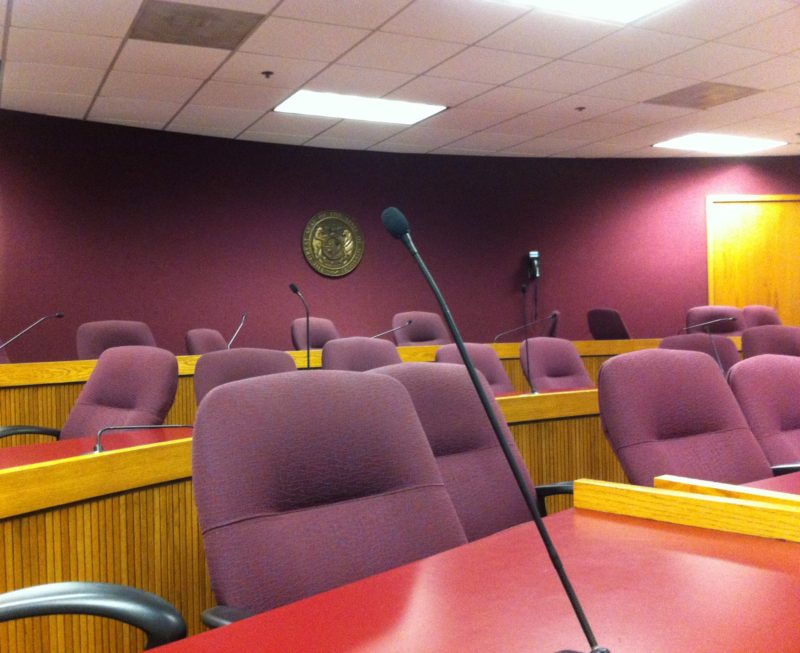JEFFERSON CITY, Mo. – Right-to-work has been the single-most talked about piece of legislation during the legislative session so far, but that is nearing its end. The passage of right-to-work is all but assured; during this week’s episode of This Week in Missouri Politics, House Speaker Todd Richardson said the bill would reach the desk of Gov. Eric Greitens by the end of the week.
Still, there are far more bills in the realm of economic development that are worth a look. Here are five bills that we found that could make a significant impact on Missouri’s economic development.:
1. SB 190

Sponsored by Sen. Ed Emery, this bill has gained the attention of many involved in the world of utilities. The bill seeks to not only adjust rate-making provisions for the state’s utility companies but also seeks to create the Missouri Economic Development and Infrastructure Act. Under this, Missouri utilities would upgrade the state’s current grid, allowing for a whole new form of technology to take over. A modernized grid would, in theory, give customers more control over their utility usage and potentially allow them to lower their rates using more accurate measuring for usage.
To support the costs of bringing Missouri’s infrastructure up to the new technology standards, the bill includes a provision which would reform regulations on rate adjustment mechanisms. The bill also looks to include processed solid biomass engineered fiber fuel on the list of renewable energy sources.
Ameren Missouri supports the bill and wants to launch an infrastructure improvement plan spanning over five years. The utility company estimated it would cost $1 billion, another $1 per month for the average customer. Ameren says the grid modernization could boost statewide economic development, potentially creating more than 3,000 direct and indirect jobs.
2. SB 197

Sen. Caleb Rowden’s bill establishes the Missouri Earned Income Tax Credit Act. This act creates a non-refundable tax credit which adds up to twenty percent of the taxpayer’s federal earned income tax credit, and would be applied to a taxpayer’s Missouri income tax liability after all reductions for other credits have been applied.
The Department of Revenue (DOR) will have to determine whether a taxpayer who did not apply for the tax credit is eligible and notify them of their potential eligibility. DOR would also be required to prepare an annual report. The bill would take effect in tax years starting on or after January 1, 2019.
“It encourages work. We’re all about job creation and work, and this is a policy that encourages people to enter the workforce,” said Hart Nelson, the vice president of public policy at St. Louis Regional Chamber. “The way this is written is that this is a tax cut. It provides an incentive – the more you work, the more you’re going to earn. It’s not a wealth transfer, you get what you paid in Missouri taxes.”
Hart and the Chamber support the measure, saying it could break the cycle of poverty by giving people an incentive to work harder. He says that the incentive also could provide a boost to the local economy, as most of that money would be spent locally. Hart says the tax credit is modeled after the Federal EITC, which is already in place.
3. SB 121

Sen. Brian Munzlinger’s bill aims to create an incentive for businesses under the Manufacturing Infrastructure Act. Under the proposed legislation, manufacturers and suppliers could retain employee withholding taxes for a period of time if they create or retain jobs in Missouri.
The program would limit the withholding taxes kept by the company to no more than $10 million annually, while the aggregate amount cannot exceed $15 million per year. New manufacturers must make a capital investment of at least $75,000 per employee to begin retaining withholding taxes within two years. Current producers would need to invest at least $50,000 per employee.
For a supplier to be eligible for incentives, it must derive more than 10 percent of its total annual revenues from sales to a qualified manufacturing company, add five or more new jobs, pay wages for new jobs that are equal to or exceed the lower of the county average wage or the industry average wage for Missouri but are not less than 60 percent of the statewide average wage, and provide health insurance to employees and pay at least 50 percent of the insurance premiums.
4. SB 10

This proposed bill, sponsored by Sen. Jay Wasson, modifies the Missouri Works program by creating tax incentives for qualified companies that create jobs in areas of distress. The act would allow companies to retain an amount equal to the withholding tax from new jobs if that company creates at least two jobs at a project facility located in one of the designated areas.
To qualify as an area of distress, it must be considered to be of pervasive poverty, unemployment, and general distress; have at least 65 percent of the residents with incomes below eighty percent of the median income of Missouri residents; and have a level of unemployment that exceeds one and one-half times the average unemployment rate of the state.
5. SB 132

Sen. Will Kraus’ SB 132 would lower the income tax rate. The bill is simply moving forward on a previously passed bill, SB 509, which was passed in 2014, vetoed by Gov. Jay Nixon, and then overridden by the General Assembly.
Currently, thanks to Kraus’ prior bill, the top rate of tax on personal income is being reduced over a period of years. Each year that a general revenue growth trigger is met, the top rate will be reduced by 0.1 percent. The top rate will continue to be reduced until it is lowered from 6 percent to 5.5 percent.
Under this act, the amount the rate is reduced would be increased by 0.2%. The top rate will continue to be reduced until it is lowered to five percent.
Republicans say that letting Missourians keep a larger portion of their money would provide a boost to the state’s economy, as well as help Missouri compete with states in the region like Kansas and Oklahoma, who have also cut their income taxes.
Benjamin Peters was a reporter for The Missouri Times and Missouri Times Magazine and also produced the #MoLeg Podcast. He joined The Missouri Times in 2016 after working as a sports editor and TV news producer in mid-Missouri. Benjamin is a graduate of Missouri State University in Springfield.









